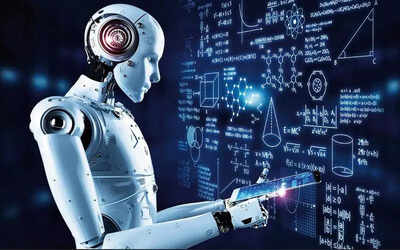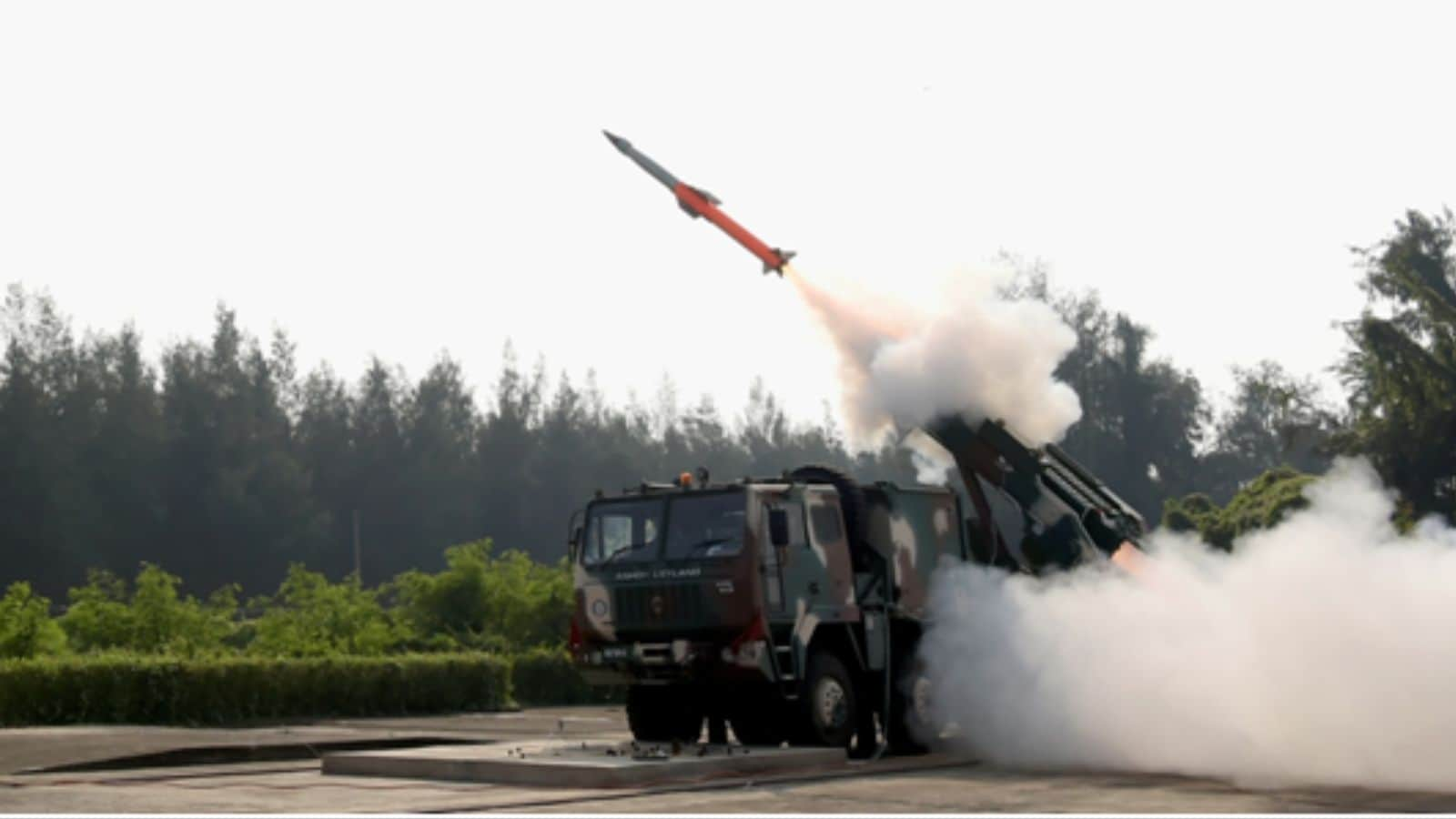ARTICLE AD BOX

For years, ‘data scientist’ was the crown jewel of tech careers—the high priesthood of big data, commanding fat paychecks and corporate reverence. But if Microsoft Research’s latest study is anything to go by, the golden halo may be slipping.
Their analysis of over 200,000 Bing Copilot interactions warns that data science is among the jobs most exposed to generative AI replacement, raising a brutal question: Is the very craft of data science at risk of automation?Also read: 40 jobs that AI cannot touch
The uncomfortable truth: AI is eating its own maker’s lunch
Microsoft’s findings do not mince words. The very tools designed to accelerate data processing, model building, and analytics now threaten to undercut the human experts who built the field.
Tasks once billed as ‘complex human judgment’—feature engineering, predictive modelling, even advanced analytics—are now being executed by AutoML pipelines and generative AI in minutes, not weeks.What was once a niche skillset is rapidly commoditised by automation. The data scientist of today faces a paradox: The more powerful their tools, the less scarce their skill appears to be.
Not extinction, but demotion: The looming skills shift
The Microsoft study stops short of announcing the death of data science, but it sketches a future where routine number-crunching is fully machine-led, and humans are relegated to supervisory, strategic, and ethical oversight roles.
Hiring trends already hint at this shift:
- Job postings are quietly pivoting from ‘Python + ML modeling’ to ‘business insight, AI interpretability, and cross-functional leadership.’
- Companies increasingly prefer candidates who can audit AI outputs, manage data ethics, and translate algorithmic outcomes into boardroom decisions, rather than hand-craft models line by line.
In other words, data science is no longer about coding clever models—it’s about curating, questioning, and governing machines that do the modelling for you.
The harsh career reality for students
For students burning midnight oil on coding bootcamps and hackathons, Microsoft’s research reads like a career curveball. Investing purely in technical chops might not guarantee future-proof employability. Here’s why:
- AI eats low-level modelling jobs first. Entry-level roles in data prep, cleaning, and regression modelling may vanish fastest.
- Senior positions are safe—but harder to reach. The AI-infused workplace values contextual expertise, leadership, and ethics. These can’t be automated but take years to build.
- Domain knowledge will trump generic data skills. Data science married to finance, biotech, or climate science remains scarce and in demand. So, the ‘generalist’ data science could vanish soon.
How to outsmart the machine: A career survival plan
Microsoft Research has handed the data science community an uncomfortable mirror: the profession that rose to prominence by automating decisions is itself on the cusp of automation. The next decade won’t kill data scientists, but it will brutally separate those who ride AI as a tool of leverage from those replaced by it.For ambitious students and mid-career professionals, the message is clear: stop being the algorithm’s hands—start being its brain.
- Stop competing with AI; start commanding it. Learn to design AI workflows, not just models. Skills in prompt engineering, AI governance, explainability, and bias mitigation are future currency.
- Stack your skills. Pair data science with a domain speciality (healthcare analytics, energy markets, defence simulations). Machines can crunch numbers; they can’t understand nuanced sectoral problems yet.
- Sharpen human edges. Storytelling with data, strategic decision-making, leadership in cross-disciplinary teams—these remain stubbornly human.
- Reskill, relentlessly. Expect to pivot every 2–3 years. Certifications in AI ethics, advanced ML ops, or policy-tech intersections may be more valuable than a traditional degree by 2030.



.png)
.png)
.png)
















 14 hours ago
6
14 hours ago
6









 English (US) ·
English (US) ·